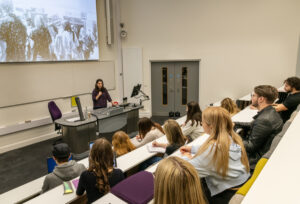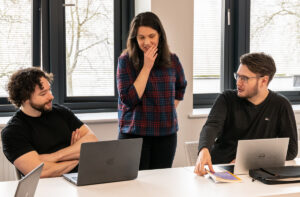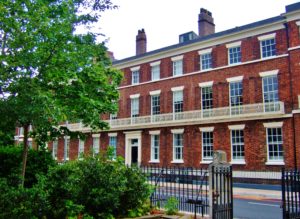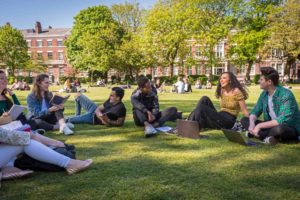How you'll learn
Your teaching will be delivered through regular supervisory meetings with academic staff with subject-area expertise matched to your specific areas of research interest.
With the exception of one class-taught module on research methods (PHIL703 Research & Professional Skills), there is no group teaching.
You will be invited and encouraged to participate in, and contribute to the wider research culture in the Department. Your main point of contact will be with supervisors who provide one-on-one tutorials.
How you're assessed
You will be assessed by coursework. Preparatory work (e.g. annotated bibliography, research project proposal) is designed to provide step-by-step development of ideas and knowledge that will feed into completion of the final dissertation (30-35,000 words), which is the primary mode of assessment.
Liverpool Hallmarks
We have a distinctive approach to education, the Liverpool Curriculum Framework, which focuses on research-connected teaching, active learning, and authentic assessment to ensure our students graduate as digitally fluent and confident global citizens.
The Liverpool Curriculum framework sets out our distinctive approach to education. Our teaching staff support our students to develop academic knowledge, skills, and understanding alongside our graduate attributes:
- Digital fluency
- Confidence
- Global citizenship
Our curriculum is characterised by the three Liverpool Hallmarks:
- Research-connected teaching
- Active learning
- Authentic assessment
All this is underpinned by our core value of inclusivity and commitment to providing a curriculum that is accessible to all students.










